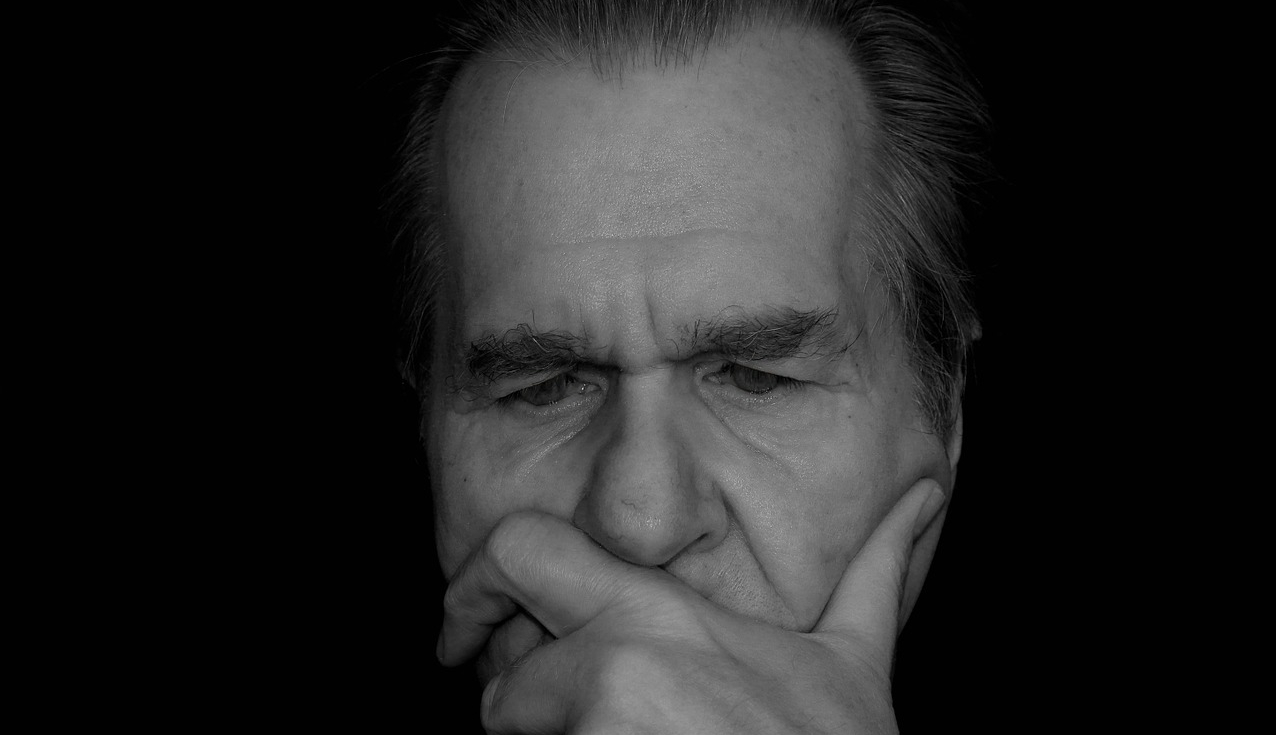The Dangers of Cynicism (and Why Scepticism is the Better Outlook)
We would all like to think that when we do something with good intentions and act on those intentions, we are behaving as purely morally upright people. We may believe that we can easily discern when we (or others) act altruistically and when the opposite is true. However, our conflicted and flawed nature means this…
View Post



